Less words. More birds.
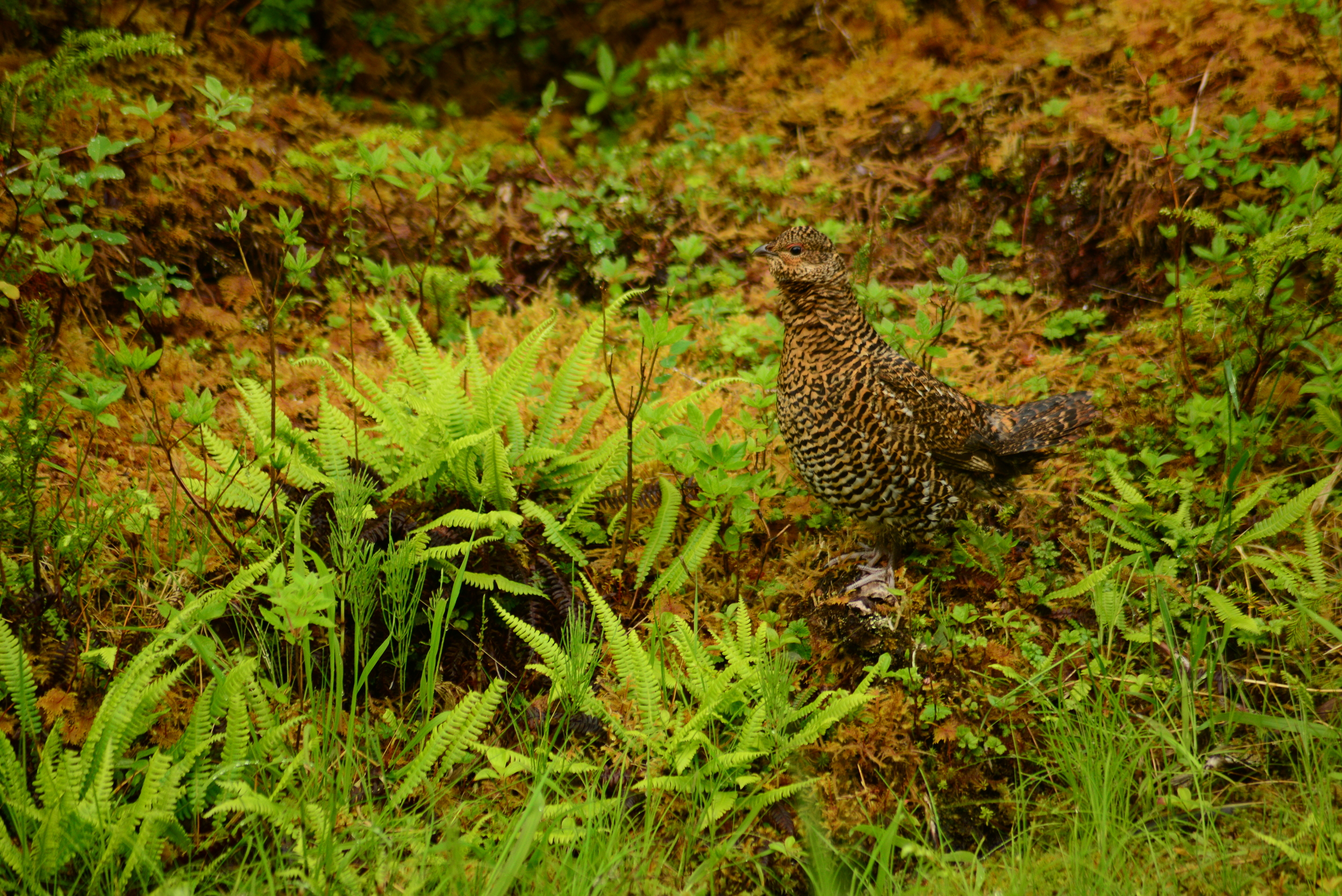
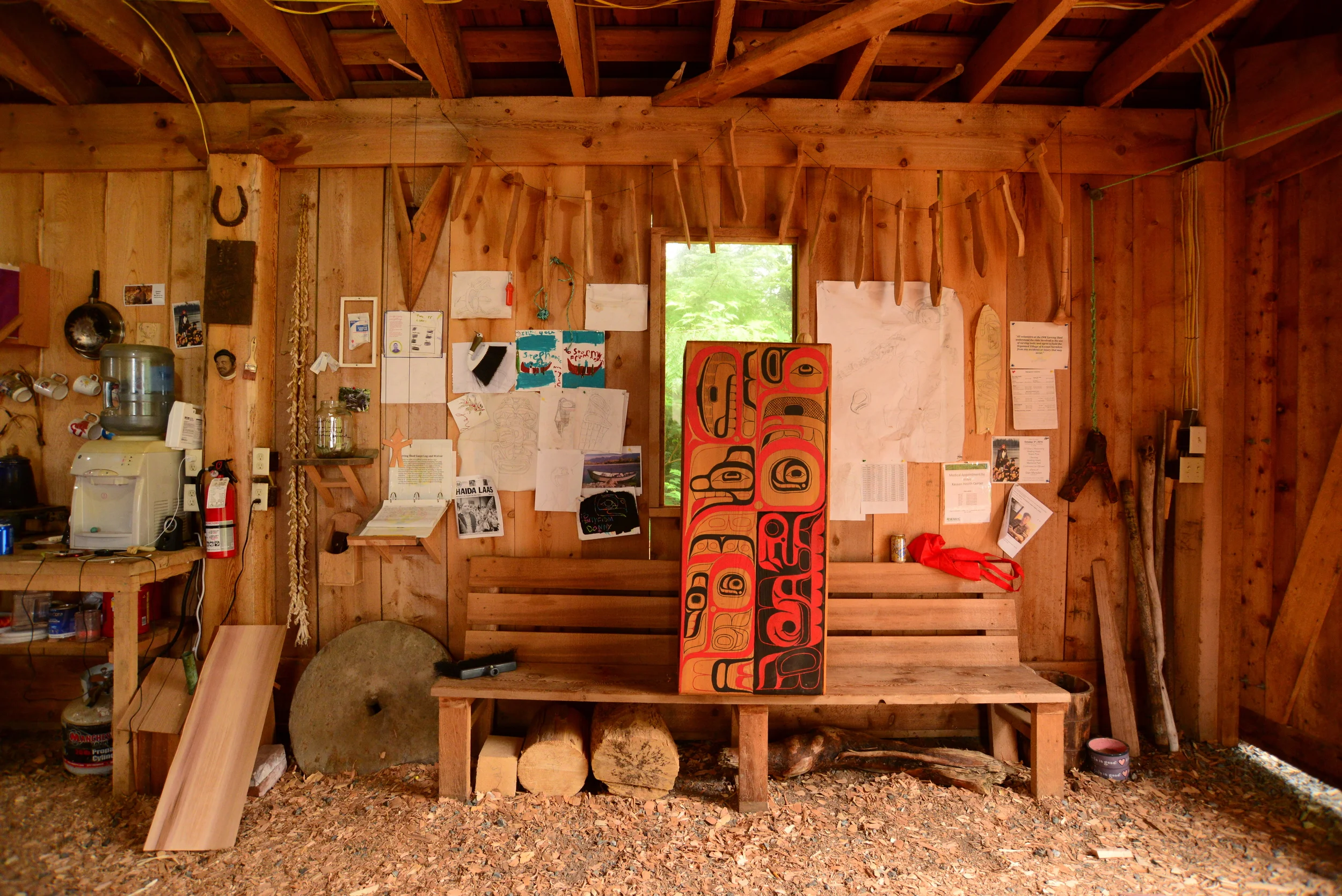
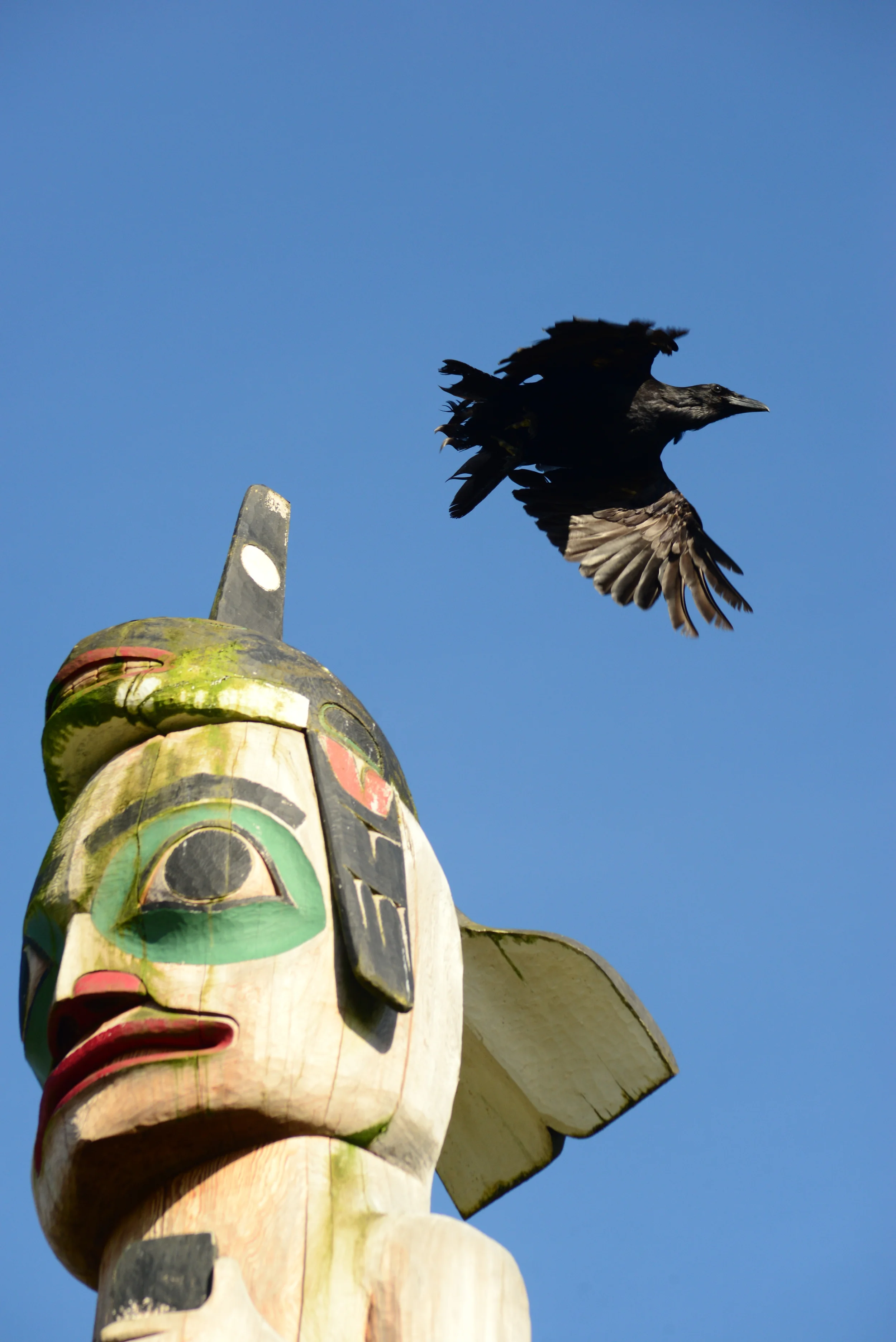
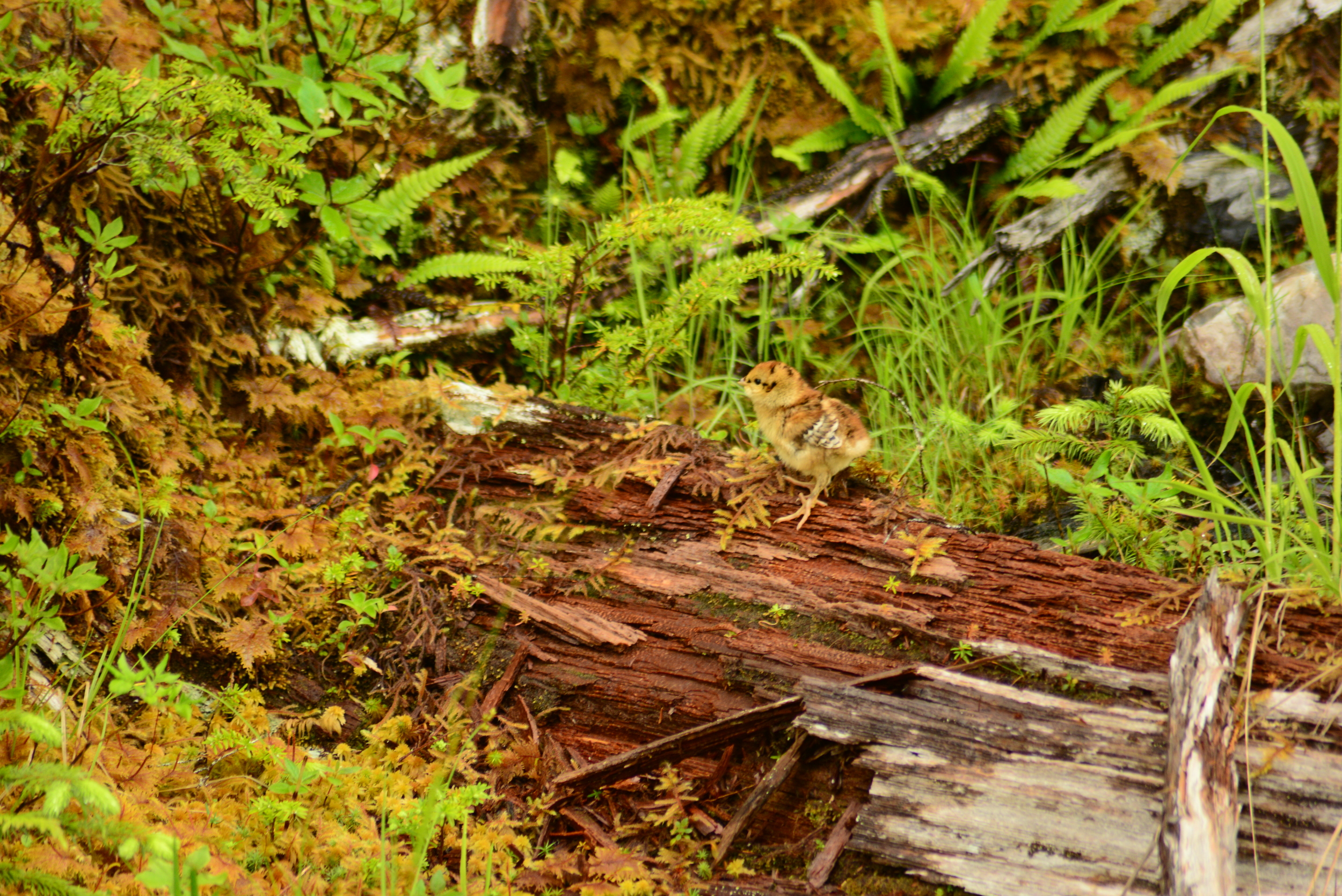
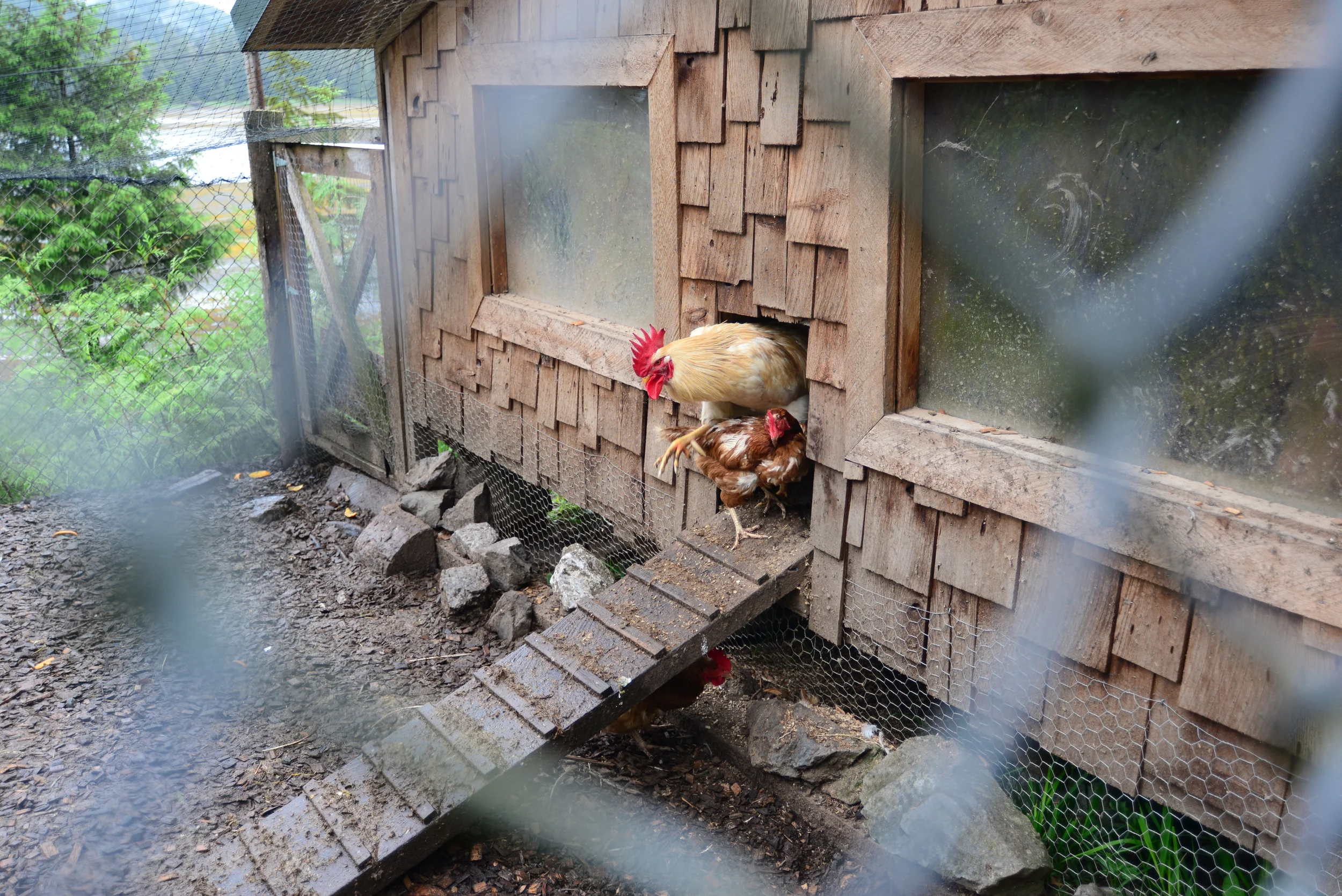
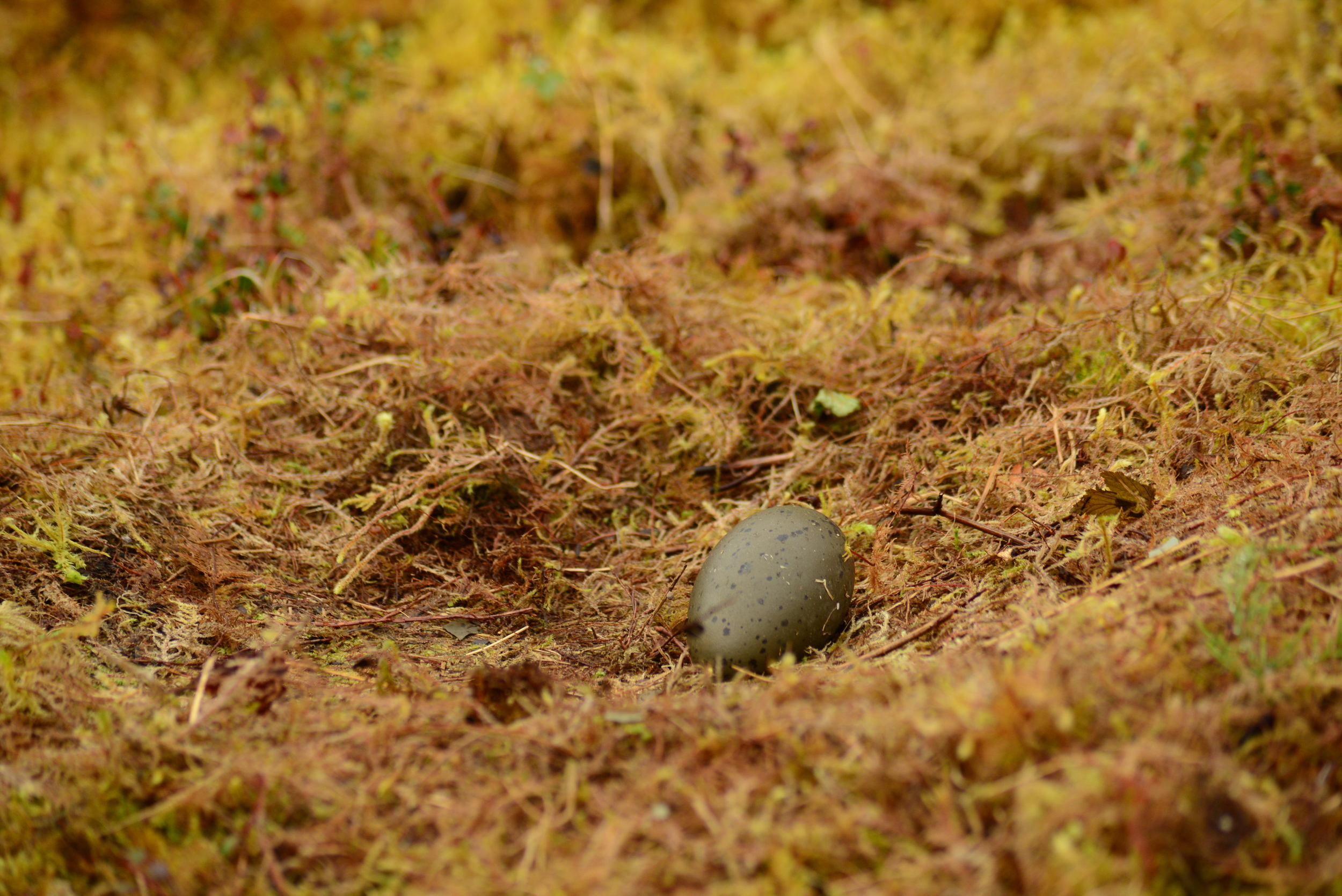
Less words. More birds.
Our first day on the island is Reid’s twenty-sixth birthday.
We loaded Reid’s Jeep onto the ferry in Sitka around nine the night before. When the boat docks in Juneau, we celebrate by deboarding and driving with a few friends to the nearest beach shelter for an hour of campfire and hot cocoa from scratch. We exchange a round of hugs and then go back to sleep in the Matanuska’s solarium, as the boat pulls away from the dock.
A brother and sister, who departed the boat in Juneau, gave us the two pillows they rented from the purser. We sleep on them. Then we pass on to two other travelers when we get into Petersburg at ten in the morning.
We don’t stop in town, but beeline to the highway so we can get across the island to South Mitkof in time for the once-a-month boat to Coffman Cove. Lupins, buttercups, daisies, indian paintbrush, and big fronded fiddle heads line the road. I’m tempted to stop to take pictures, but I don’t because there’s really no second options if we miss the ferry.
There’s a group of cars parked outside the locked gate to the ferry lot: we are relieved to have made it on time. We pull in to wait and open some granola bars.
Everyone is waiting. One couple plays music out their car windows, and we all watch the large man in the large truck play fetch with his tiny French bulldog. He holds a stick out, and the dog jumps four vertical feet to attach itself to the wood like a vice clamp. Then the guy just shakes the dog as it dangles for awhile, until it lets go. They both seem equally satisfied by this arrangement.
Two hours later, we are still waiting. We have eclipsed loading time, boarding time, and in fact, our scheduled departure. None of the people in line seem particularly put out by this. They have wild flower bouquets in their cars. They are reading magazines, making lunch out of their towed campers. Thinking about the agony of having to wait 14 minutes for the L train in college makes me feel like I have changed species.
One woman finally goes down to look at the dock. It turns out that the crew didn’t remember the gate was locked. They have been tied up to the dock, also patiently waiting, to see if anyone on their purchased ticket roster would show up. The misunderstanding gets sorted, but there’s still no key to open the gate, so the purser gets a pair of bolt cutters and busts open the lock.
Then there are couple state DOT guys who need to unload four or five dump trucks worth of gravel before anyone can get on (there’s no place to get gravel on Mitkoff, so they ship it in from Coffman, pile it up in the ferry lot in enormous pyramids).
“We’ll go when everyone’s loaded,” the purser tells us as they make their trips. “There’s no schedule or anything.” This was not exactly true, but it has become true.
When we do finally get on, I run into the purser as he’s walking out to the deck. There’s a cigar in his mouth — Wait, it might be a large meatstick? No, it’s a cigar — that he puffs away on as we pull away into the channel. HIs afternoon cigar, that he gets to smoke on the deck of his boat, as we steam toward America’s third largest island.
When we do finally get across, we’re a couple hours late. An acquaintance we’ve never met in person originally offered to meet us at the terminal, so we ask every woman there (both of them) if they are named Misty. They are not. But the second woman says she’ll just take us to Misty’s house, and promptly leads us over to a big house undergoing renovation, a golden chain tree blooming outside. She waves good bye as she pull away in her pick-up.
Misty is not expecting us, and neither is her daughter Mckinley, or her cat, but when we show up, they’re all happy to hang. Reid helps Mckinley build herself a small garden outside while Misty and I drink a beer in the kitchen and talk about growing up in a small town. It turns out the cat isn’t allowed inside at all. Misty offers us her guest cabin to stay in, which we take her up on — it comes with a hot tub, a photo of four-year-old McKinley standing on a dock in front of a pile salmon and rockfish, and two black bear skins.
We walk to the beach; a humpback whale starts breaching offshore. We walk by the house of the near-famous Ethel Frances, whose electric bill comes to her house addressed simply to “The Buoy Lady, Coffman Cove, Alaska,” and since she sees us standing outside, she ushers us in for a tour. She shows us her killer whale skull, the letters Katherine Hepburn sent her, her beach-combed collection of ancient stone tools from the old villages on the island, a photograph of her laughing, holding a bear cub in each hand. It takes us a long time to leave.
We go the one bar in town to buy wine for dinner, and end up staying for a beer, since Larry the Timber Feller (as in, one who fells timber professionally, not the slang for an adult male) rang the bell just before we got in. Larry is on a steady Coors train, and tells the bartender that we need to be rolled into the free round of drinks.
“Are these your kids?” the bartender asks.
“I don’t think so,” Larry says.
After introducing myself to the Oklahoma girls sitting next to me, who are waiting for their husbands to return from their black bear hunt, Larry is the only person we talk to for the rest of the night. He tells us that he’s just gotten back from California, where he was cutting redwoods
“They’re the tallest trees I’ve ever cut,” he says with beery reverence. “But not the biggest.”
“Where are the biggest?” I ask. He looks at me like I’m an idiot.
“Here,” he says. "The biggest trees in the world are here.”
We see a lot of deer.
Most of the 2800 miles of roadway on Prince of Wales are shot rock, so overgrown that they’ve long been incompatible with vehicular transportation. But Sitka black tailed deer are more maneuverable than your average logging truck, and they are the new infrastructure connoisseurs, annexing the old roads through the dense brush that marks old clear cuts.
Deer walking in the road, standing on the shoulder, in forests, beaches, clear cuts, estuaries: more deer than I’ve ever seen in my life.
We see the first fawn on June 1st.
In fact, when we leave camp in the morning, there are baby deer everywhere. Every adult we see is accompanied by a miniature of itself, stumbling around drunk on spindly legs, nursing on the side of the road, collapsing in the middle of the asphalt if it gets tired. The fawns poke around on their hooves like tiny machines, as if the Tripod machines from War of the Worlds had been cross-bred with bunnies.
“The deer have a calendar,” the city administrator of Craig tells us, when we’re drinking coffee in his office to get out of the rain, chatting about the local fish processing plant which won’t be operating this year and the phenomenon of the fawns’ appearances. “June first,” he says. “Somehow, they always know.”
I’m impressed with their punctuality: imagine what it would be like if the year’s supply of human babies were all born on June 1st.
“You guys know you’re not supposed to touch them, right?” he says.
In Alaska, this is not the typical warning you get about animals. It’s usually more along the lines of, did you bring a gun with you, or hey, where’s the bear spray, or jeez, watch out for that awful smell which has started roaring and rustling in the bushes.
But the little deer are different. They’ve got no defense mechanism but laying very, very still, wherever they happen to be. They’re born scentless. If their mothers sense danger, they run for the woods, trying to draw predators away with their smell. The babes wait in the underbrush for their return, nearly impossible to find. “Unless you step on one,” the city administrator says.
Which I think is just a figure of speech, until the city administrator recounts the time that he was out with his dog, and while stepping from one log to another, looked down to see a tiny fawn looking up between his feet. The dog was a step behind him, and he panicked, unsure what the dog would do, unsure what he could do to save the deer — and he turned around to watch as the dog just walked over it, oblivious, literally stepping on it without noticing, wagging its tail and catching up with him.
We do know we’re not supposed to touch the fawns — it makes them smell like humans, detectable to predators, and alien to their mothers, who then might actually leave them for good.
But it’s still worth the reminder that the city administrator gives us. Later that day, we find a little one standing by itself in the road. It sinks down to the ground when we walk over, absolutely still, as if it has spent the day patiently waiting for us to show up.
Even Reid, who disavows animal cuteness of all kinds, and is deeply skeptical about the concept of pets, asks, “Do you think it’s okay? Do you think it’s abandoned? Should we call someone?”
I think it’s fine, I say. It’s just waiting for its mother to come back. But the urge to reach out and touch it, to gather it up and nestle it away into the trunk of the car is almost magnetic. It’s just so cute! And small! And laying alone next to a highway!
It’s hard to get back into our car and leave it there, alone. Even armed with knowledge about its scentlessness, knowing its mother is probably hiding close by and waiting for us to leave, knowing its coat is designed to camouflage it, knowing that just our smell poisons its chances at survival, it still feels irresponsible to drive away.
Humans are funny that way. We’ve got opposable thumbs, and big brains — but we’ve also got these big dumb hearts. We might be the species that dominates the planet, but our instincts kind of suck.
It’s no wonder the deer are taking back the roads.
In Thorne Bay, the school runs an aquaponic greenhouse.
The kids feed the goldfish, the goldfish waste creates ammonia, which gets munched on by worms, which help process the ammonia into nitrates. Then the lettuce (and basil and kale and beets) feasts.
The kids harvest the produce for their lunches, and sell the rest to the local store. They get veggies and make some cash.
And it feels kinda like a miracle. In a part of the world renowned for getting most of its food by barge or plane, stumbling on a truck bed stuffed with fresh lettuce is like turning a corner in Brooklyn and finding a waterfall roaring away across the street.
And though rural Alaska is pretty salad shy (three-week-old bagged barge lettuce doesn't exactly inspire), "if they grow it, they'll eat it," the superintendent says about his kids, closing the door to the greenhouse. "They're sucking salad down like candy."
--
I spent the last week driving around Prince of Wales, America's 97th largest island with a friend. We brought home a dozen cans of salmon, close to two thousand photos, and a lot of dirt in our tires. You want stories? I'll be posting stuff all week.